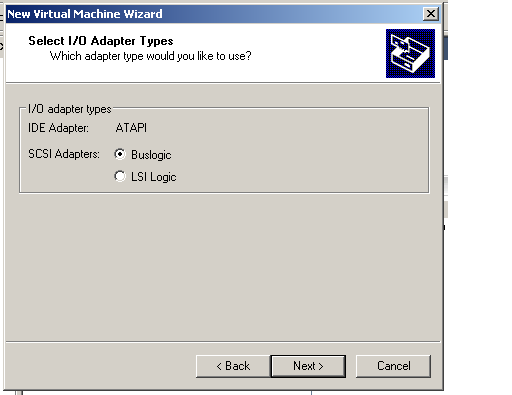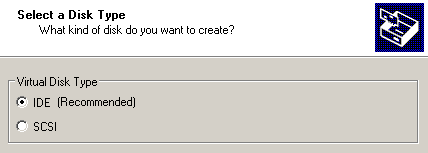The title of this post is also the title of a fabulous paper published in the Journal of Personality and Social Psychology of the American Psychological Association (PDF). I mention this in the context of technology because the paper was first mentioned as a response to this post on The Daily WTF, a site exposing bad programming in a daily blog format.
First, in regards to the post — I can vouch for the fact that there is some really bad code out there, and much of that, I’m sure, comes from programmers with overinflated egos who don’t realize their own incompetence because
people who are unskilled in these domains suffer a dual burden: Not only do these people reach erroneous conclusions and make unfortunate choices, but their incompetence robs them of the metacognitive ability to realize it.
Still, part of the problem is a lack of proper management oversight — whether it be functional management, or technical management. Indeed, in many cases, bad programmers’ incompetence is rewarded because their products are seen to be "business successes" because they allegedly meet the functional requirements — never mind the fact that the applications consume far too many resources on the system, crash all the time, and cause a huge maintenance burden for the operations staff. I can provide many examples, but I’m sure I would get in trouble 🙂
I considered printing out the APA paper and anonymously stuffing it in peoples’ mailboxes — not only in the mailboxes of those programmers who I feel are totally incompetent, but also in the mailboxes of their managers who still think they perform(ed) well. I decided against it not because I think I would get in trouble — they’d have no way of detecting who was the culprit — but again because their own incompetence would prevent them from detecting that the paper is targetted at them.
As Kruger and Dunning point out, the only way to resolve this dilemma is to remove the incompetence — train the bad programmers to be better programmers, and to recognize their own shortcomings. That can’t happen if bad management is preventing even the open discussion of the poor code quality.
Today’s my last day at CBC.ca. I’m moving on to a pure systems administration position with a much smaller e-business company in Toronto called Devlin e-Business Architects. I decided that working on content delivery projects like the Torino Olympics website is really not where I want to be strategically with my career, and I don’t think I ever fit into the big company mindset very well. I’ll be writing more about that once I’m not formally under the employ of said big company 🙂
In the meantime I wish you all a very happy holidays and new year!

